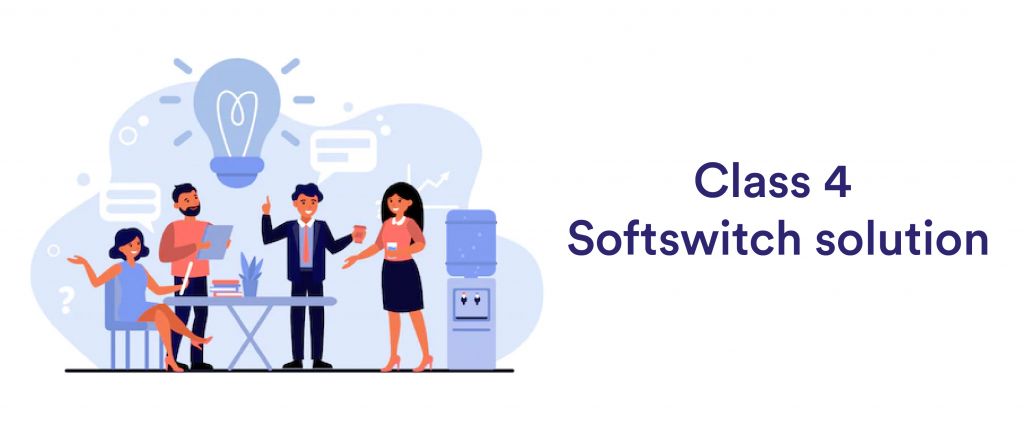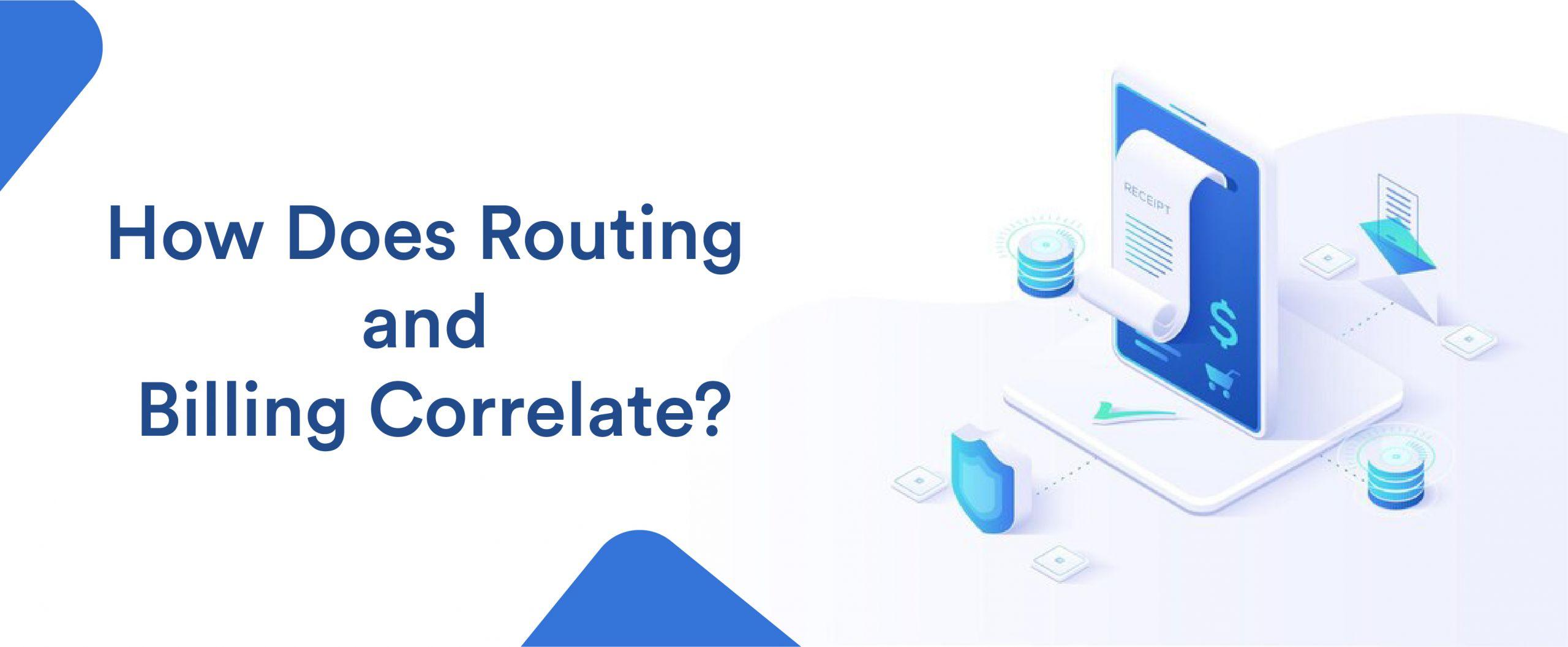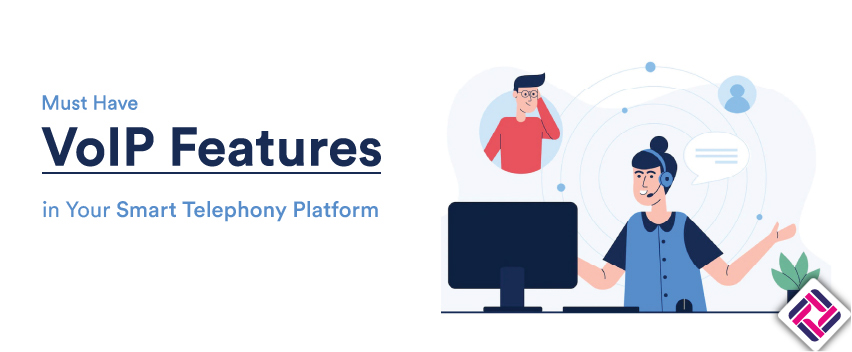When designing a comprehensive VoIP business, you need not only the best infrastructure but also the best VoIP solutions to ensure achieving the expected success rate. In the case of a long distance VoIP network and business, there are two important features used from two or one full-scaled platform, which is routing and billing. You’ll need a class 4 Softswitch or another routing solution, along with a VoIP billing software, for accessing different features.
Along with long distance calls, in many other VoIP businesses as well billing and routing are used heavily to support the whole business model such as SIP trunk software. The service providers completely rely upon the model of billing customers based on the call routing strategies they use. Thus, these two features are very much important to run certain businesses like wholesale VoIP, call termination, call routes, DID solution, calling card solution, etc. In each of these solutions, the selection of call routing strategy will be the reason for billing a client.

This strategy prioritizes the call from this customer upon receipt. Route it immediately or as soon as possible via any route that can deliver excellent call quality. The priority call routing obviously costs high as the customer receives the VIP treatment,
Understanding the Correlation Between Routing and Billing.
The VoIP billing software will have tariffs and rate plans created for each of these call routing rules along with other charges such as taxation, monthly fee, support service, etc. The billing system will create invoices for clients depending on the usage of the system by keeping track of each call routed by the system such as a SIP trunk software solution. the whole process of billing will be automated by a VoIP billing solution.
Concluding notes
Routing and billing are two sides of a coin for a VoIP business that offers call or VoIP traffic routing services. Usually, software providers integrate a VoIP billing solution into the routing software, so both can work in a harmony. But, smart telephony platforms like ASTPP will provide both routing and VoIP billing software solutions as an integrated platform. This will streamline processes and optimize the workforce. Let us explain in more detail about the billing and routing features and how it works in harmony in our smart telephony platform, ASTPP. To initiate the discussion, contact us






